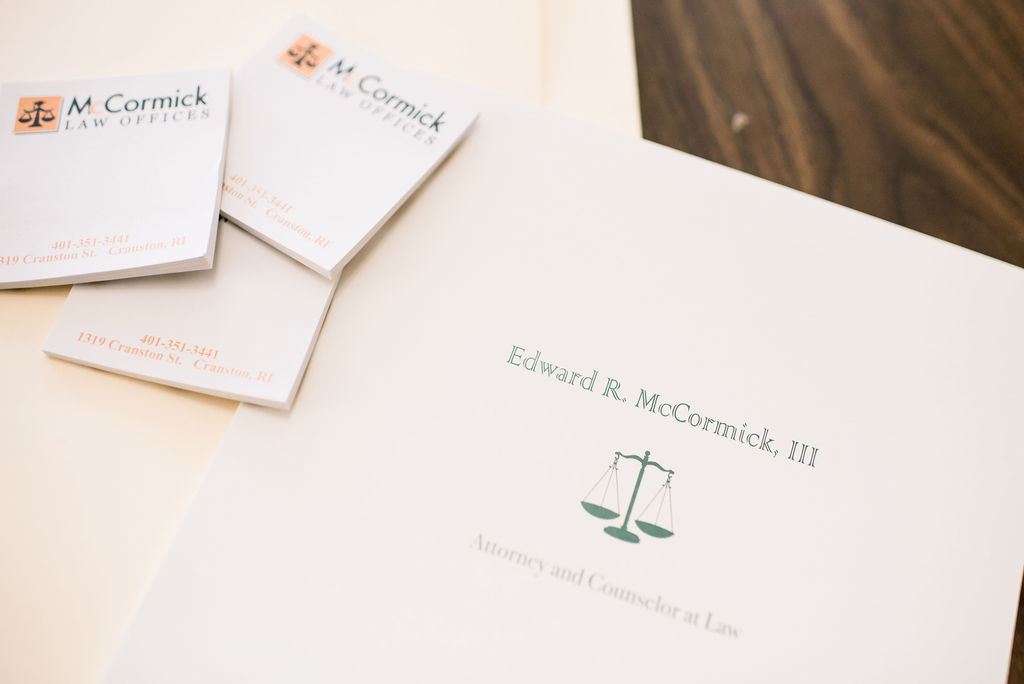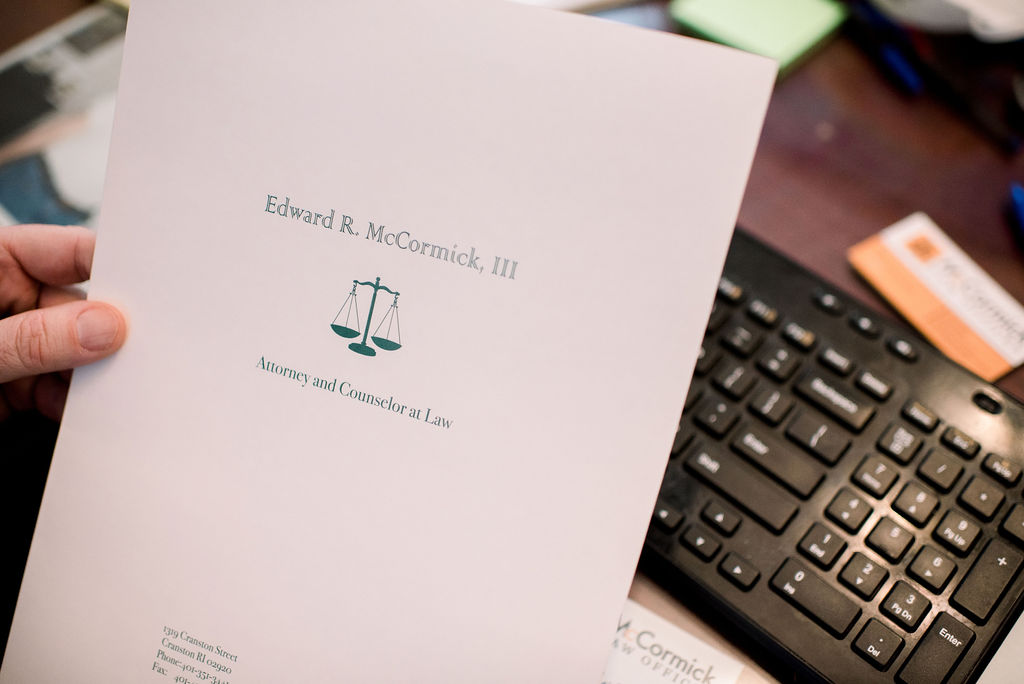Mediation can be an effective, less adversarial way to resolve family legal matters—but that doesn’t mean you should go it alone. A family law attorney during mediation provides critical support, helping protect your interests, clarify the law, and guide you through negotiations. Whether you’re going through a divorce or custody dispute, their role is essential for fair and lasting results.
What Is Family Law Mediation?
Mediation is a collaborative process where both parties work with a neutral third-party mediator to resolve disputes such as:
- Divorce settlements
- Child custody and visitation
- Alimony or spousal support
- Property and asset division
Unlike a judge, the mediator does not make decisions. Instead, they facilitate communication and help both sides reach mutual agreements.
Why Legal Representation Still Matters
Even though mediation is less formal than court, legal guidance is still essential. A family law attorney ensures:
- You understand your legal rights and options
- Any proposed agreement is fair and enforceable
- You don’t accidentally waive important rights
- The outcome aligns with Rhode Island family law
Attorneys help balance power dynamics and keep negotiations focused on realistic, legally sound terms.
Key Roles of a Family Law Attorney During Mediation
1. Pre-Mediation Preparation
Before mediation begins, your attorney will:
- Help you understand the legal issues at stake
- Review financial documents and custody matters
- Identify your priorities and deal-breakers
- Prepare documentation and outline goals
This preparation ensures you enter the process informed and ready to negotiate effectively.
2. Advising You Throughout the Process
During mediation sessions, your attorney may:
- Be present in the room (if allowed)
- Sit in a separate room and advise between sessions
- Review proposed agreements in real-time
- Help you evaluate offers and counterproposals
This behind-the-scenes support protects your rights and helps avoid pressure-based decisions.
3. Reviewing and Finalizing Agreements
Once terms are agreed upon, your attorney will:
- Review the final agreement for accuracy and fairness
- Ensure it complies with Rhode Island law
- Advise you before signing
- Submit necessary documents to the court for approval
They ensure that your mediation results become a binding, enforceable court order.
Benefits of Mediation with Legal Support
Combining mediation with attorney representation offers:
- Cost savings compared to full litigation
- Faster resolution through cooperative dialogue
- Customized solutions tailored to your family’s needs
- Reduced stress compared to court battles
- Better long-term outcomes and less post-divorce conflict
Common Family Law Issues Resolved in Mediation
Mediation is especially effective for resolving:
- Child custody arrangements
- Parenting time schedules
- Division of marital property and debts
- Spousal support terms
- Relocation or co-parenting disagreements
Even complex or high-conflict cases can benefit from this structured, solution-oriented process.
Related Reading
Final Thoughts
Having a family law attorney during mediation gives you the best of both worlds—collaborative problem-solving with the protection of experienced legal counsel. If you’re facing a divorce, custody issue, or other family dispute, mediation with an attorney’s guidance can help you reach a fair, lasting solution with less conflict and cost.
Considering mediation for your family matter?
Contact McCormick Law Offices to learn how we can support you through every step.







